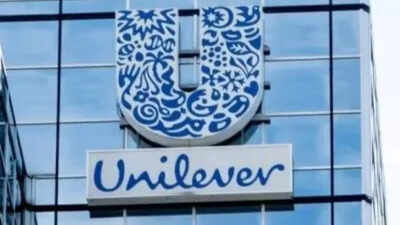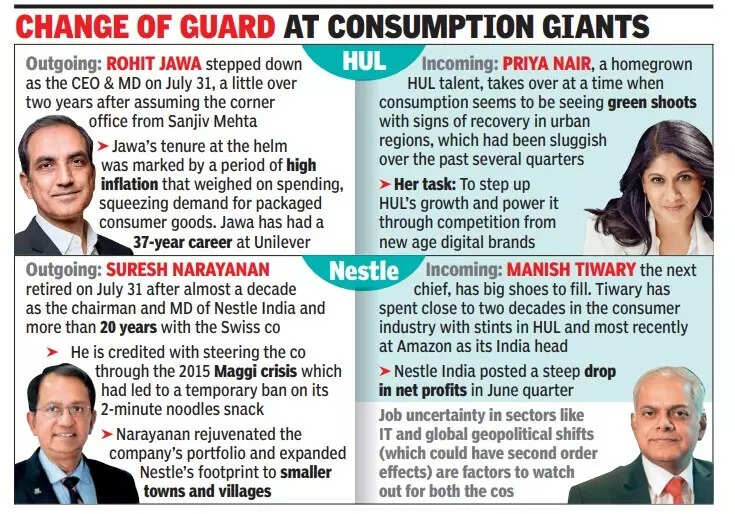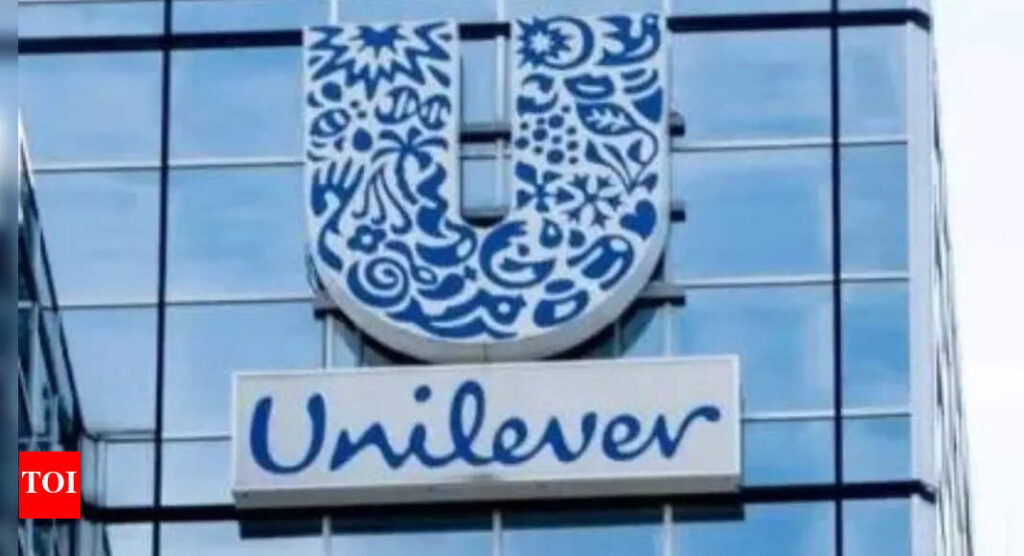
MUMBAI: HUL reported a 4% year-on-year rise in total sales to Rs 15,747 crore on a standalone basis in the June quarter, improving its pace of growth which had been subdued over the past few quarters on the back of sustained recovery in rural markets and some signs of uptick in urban regions. Easing food inflation, low interest rates and tax breaks have put more money in the hands of consumers, aiding spends on soaps, shampoos and packaged food. The revival in urban markets which continues to lag its rural counterparts is gradual and is largely being led by small cities and towns, outgoing CEO and MD Rohit Jawa said at a post earnings briefing here on Thursday.Jawa, who is passing on the baton to another HUL veteran Priya Nair, said that a mix of the positive macro factors alongside expected good monsoons should help in sustaining the recovery in consumption. The growth trajectory of consumption is, however, uneven, with some pockets performing better than others.

.
“The informal rural and the informal urban sectors are resilient and getting better, the top urban market…the salaried class, white collar (workforce), they have been under some stress in the recent past but coming closer to our own market-urban, although lower than rural, is beginning to look up, but it’s gradual. We don’t expect it to magically change overnight,” Jawa said. Nair, HUL’s first woman CEO will assume office on Aug 1. “I am excited that I am handing over to a successor who is also home-grown-an excellent person to take over the baton,” said Jawa, who has had a 37-year career at Unilever, spanning eight markets.The maker of Dove shampoos and Knorr soups posted a 4% y-o-y growth in revenue from operations to Rs 15,931 crore in Q1. Net profits grew nearly 8% y-o-y to Rs 2,732 crore, partly helped by lower tax expenses. Underlying volume growth stood at 3% during the quarter. HUL also attributed the decent performance to competitive growth in its core portfolio and bets on high-growth demand spaces, which paid off. HUL’s earnings is seen as a proxy for domestic consumption. High inflation in the recent past had nudged urban consumers to cut back on spending and move to smaller packs. With commodity prices expected to remain rangebound, HUL’s price growth should be in low-single digits, said CFO Ritesh Tiwari. The stock price of HUL closed nearly 4% higher on the BSE. “Unilever has been really, really good to me. HUL has been good to me. I feel very grateful and I also feel excited because I feel the need to do something different now in the second half of my career…I am looking to chart a new profile of work and a new way of living,” Jawa signed off.











